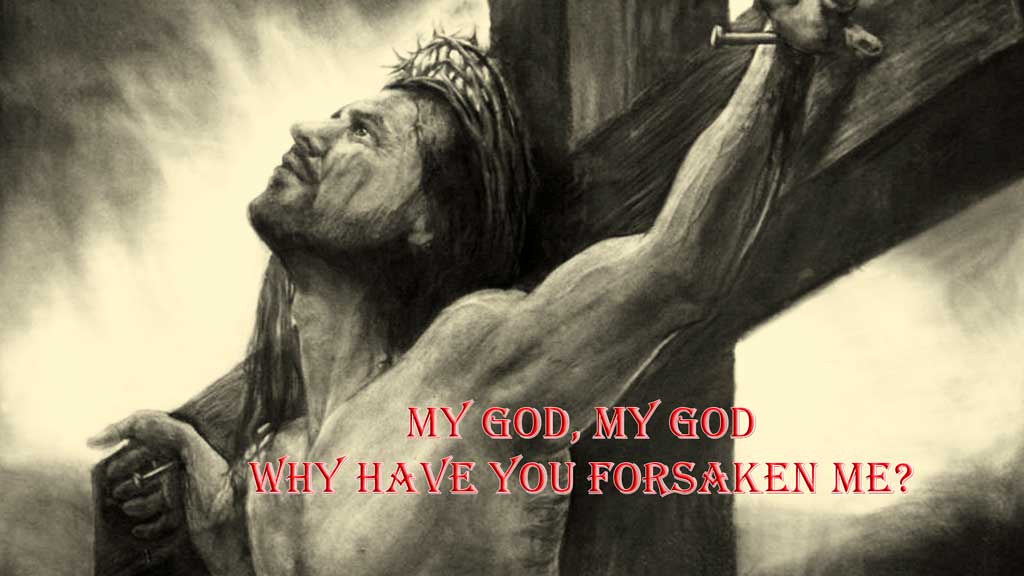Following
him all the way from Galilee, now we are entering the City of Jerusalem for the
last time with our Lord, to witness the consummation of his salvific mission on
earth, which started upon his Baptism.
As the
Gospel reading for the blessing of the palms before today’s Mass (Matthew
21:1-11), Jesus has made a triumphant entry into the holy city of Jerusalem,
while people were cheering, “Hosanna to
the Son of David!”(Matthew 21:9). People joyfully welcomed Jesus as they
must have thought that his entry into Jerusalem was the fulfillment of the
prophecy of the Messiah King, coming to Jerusalem riding on a donkey, an animal
of royalty and peace (Zechariah 9:9
Throughout Lent, we have
journeyed with the Lord Jesus all the way to Jerusalem, learning from his
teaching, witnessing the signs he made, and also seeing how the accusation
against him has grew into the persecution, as he came closer to this final
entry into the holy city. This is a dangerous city to Jesus, as the persecutors
have been waiting to catch him to kill. But, Jesus had known the danger
awaiting and even rebuked Peter for trying to prevent him from going to
Jerusalem (Matthew 16:21-23).
Now, inside
the city of Jerusalem with Jesus, our Lord, we are to remain with him
throughout his Passion (suffering) up to his death on the Cross and to his tomb
for the burial. The long Passion narrative of the Gospel today (Matthew
26:14-27:66) covers Jesus' last days in Jerusalem from Spy Wednesday, when
Judas sold Jesus for 30 silver coins, to his burial on Good Friday late
afternoon. It means that the Passion narrative also covers and reflects Via Dolorosa - Via Crucis - the 14 Stations of the Cross, as well as the Sorrowful
Mysteries of the Holy Rosary. It also enhances our Holy Week meditation, as we
engage in the 3rd week of the Spiritual Exercises of St. Ignatius of Loyola
(190-208) in connection to the Gospel narrative of the Lord’s passion.
The first reading (Is 50:4-7)
gives a snap shot of Jesus amidst of tortures. It reflects that Jesus was
fighting the evil by turning the other cheek (Isaiah 50:6 cf. Matthew 5:39) -
to save us. It should not to be mistaken for mere passivity of a timid
pacifist. His steadfast faith in the Father, who called him and gifted him for
service, kept from being disgraced by the evil of the persecutors and enabled
him to remain firm like a flint by turning his other cheek, amidst his
suffering.
It was not only intensely
painful but also extremely humiliating to be tortured and forced to carry his
heavy cross and to be crucified in front of mocking mob, who once rejoiced and
welcomed his entry in Jerusalem, waving palm branches, shouting "Hosanna
to the son of David, Hosanna in the highest"(Matthew 21:9). Through his
passion, Jesus not only saw his three closest disciples, Peter, James, John,
falling asleep repeatedly, as he was praying in agony (Matthew 26:36-46), but the
crowd who once praised him as the Messiah King at his triumphant entry now mock
and shout to have him crucified to death.
Let us pause and feel Jesus'
pain and humiliation. And feel his sentiment of being forsaken on the Cross,
too. Because he went through all of these for us - in our place, so that we may
be saved without all of these. Who can love us as Jesus does? He sure is the
Good Shepherd, who has laid his own life to save us, his flock (John
10:11,15,17-18).
The way Jesus has saved us by
laying his own life for us, even shedding his blood, is very human. And the
humanity of God in the meek person of Jesus is poetically reflected in the
second reading (Philippians 2:6-11). We also understand why God made Himself
incarnated in the human flesh of Jesus to dwell among us (John 1:1, 14).
Today's responsorial Psalm is
drawn from Psalm 22 and its refrain is "My God, my God, why have you abandoned me?!"(Psalm 22:1). And
as in today's Gospel Passion narrative, Jesus cited this on the Cross shortly
before his heath (Matthew 27:46) to let us know that we could have had such a
horrible experience of being totally cut off from God for angering Him with our
sins. But, Jesus took our place of agony and felt the hell, where God is
totally absent, on behalf of us, sinners.

To better understand why
Jesus cited Psalm 22:1 just before his death on the Cross (Matthew 27:46), I
invite you to read 1 Peter 3:18 in addition to 1 Peter 2:24 and Isaiah 53:6-10
and 2 Corinthians 5:21. You sure have goosebumps and get on you knee in tears
to thank God, who came to us in the human flesh of Jesus the meek (Matthew 11:29),
the Good Shepherd (John 10:11) and went to Jerusalem, for taking our place and
citing Psalm 22:1 on the Cross.
No comments:
Post a Comment